Tinnitus & Hyperacusis ASSESSMENT only - £119
Tinnitus & Hyperacusis
Assessment Appointments

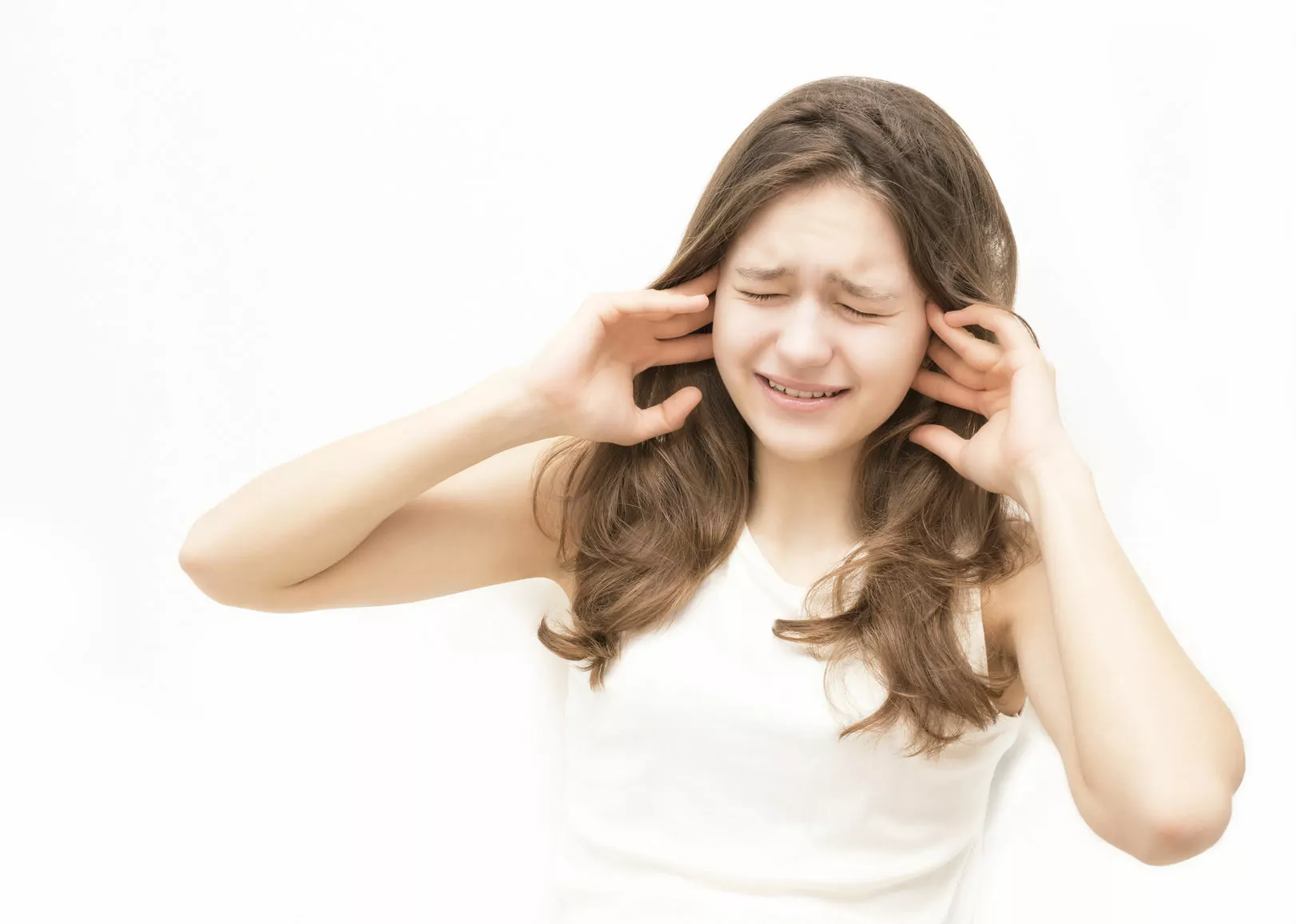
What is hyperacusis and how does it affect you?
Hyperacusis is a condition marked by an increased sensitivity to everyday sound levels, which can cause significant distress and impair one’s ability to engage in social, occupational, recreational, and other daily activities. Individuals with hyperacusis may perceive normal sounds as uncomfortably loud, unpleasant, frightening, or even painful. Although it typically affects both ears, research from the International Journal of Audiology (2017) indicates that about 13% of hyperacusis cases are unilateral, affecting only one ear, which requires specialized consideration in treatment approaches. Tinnitus Assessment in London and Kent. Contact us for your Hyperacusis Assessment in the UK
What Are the Causes of Hyperacusis?
Hyperacusis arises when neurons, which normally respond to higher sound levels, begin to react to lower sound levels, amplifying the perception of loudness. This condition is often accompanied by a negative emotional response to sound, making certain noises feel particularly unbearable. This heightened perception can trigger feelings of anxiety, fear, displeasure, or anger, causing the auditory system to amplify these sounds further.
How can therapy assist?
The primary aim of therapy for hyperacusis is to help patients alter their cognitive responses to sound, thereby minimizing the distress associated with hyperacusis. As patients learn to modify their reaction to sound, an improvement in their actual sensitivity to sound can also be observed.
What is the rate of success?
A study published in the American Journal of Audiology (2018) revealed that patients undergoing hyperacusis-focused cognitive therapy experienced a significant decrease in the impact of hyperacusis on their lives, with reported impacts dropping from 50% to 30%. By reducing the life impact of hyperacusis, patients’ actual sensitivity to sound showed marked improvement.
few causal factors of hyperacusis

What is Misophonia and how does it affect you?
Misophonia is a condition characterised by intolerance and a strong emotional and behavioural response to certain sounds, such as those associated with eating, breathing, lip smacking, sniffing, snorting, clicking, and tapping.
Additionally, misophonia, characterized by an intolerance and strong emotional and behavioral response to specific sounds like eating, breathing, or tapping, often coexists with hyperacusis, further complicating the auditory experience of affected individuals. Both conditions necessitate a nuanced understanding and approach for effective management.
For those seeking tinnitus assessment in London or hyperacusis assessment in the UK, including London, it’s essential to seek specialized care. Our clinic offers comprehensive assessments and tailored treatment plans for individuals experiencing tinnitus and hyperacusis, leveraging the latest in therapeutic techniques and understanding to provide relief and improve quality of life.
What Does Misophonia Have to Do With Mental Health?
Misophonia significantly affects individuals, potentially leading to heightened anxiety and sadness, thereby reducing the quality of life not only for the sufferers but also for their families. This condition, characterized by an extreme sensitivity to certain sounds, can escalate if not addressed timely, paving the way for more severe psychological disorders.
In a groundbreaking collaboration with the University of Cambridge’s Department of Experimental Psychology, innovative research has introduced the first mathematical model based on clinical data. This model provides a detailed explanation of how misophonia and hyperacusis are connected to the development of depression. It underscores the intricate relationship between these auditory conditions and mental health, highlighting the critical need for early intervention.
The findings from this partnership emphasize the importance of timely treatment for misophonia. Starting therapy early significantly decreases the risk of developing further psychological issues, which could otherwise require extensive psychiatric intervention. This research marks a significant step forward in our understanding of misophonia and hyperacusis, offering hope and direction for more effective management strategies to improve the lives of those affected.
What does the therapy entail?
The therapy’s goal is to assist the patient in modifying their cognitive response to sound to reduce misophonia-related suffering. When the misophonia-related suffering is alleviated, the real over-sensitivity to the trigger sounds will improve. According to our clinical experience and study, patients who received misophonia-focused therapy saw a 50% reduction in the impact of misophonia on their life and a 60% reduction in misophonia-related suffering in social settings. The frequency-specific pattern of their sound sensitivity, as well as its emotional and behavioural components, necessitate special considerations in the assessment and therapy of patients with misophonia.
A Complex of Neurological, Psychological, and Audiological Factors
The Hearing Journal, Volume 73, Issue 3 (March 2020), pp. 20,22,23
Misophonia is an intolerance and oversensitivity to particular noises that can cause wrath and aggravation, limiting a person’s ability to spend time with family and friends, as well as participate in social activities. Eating, clicking, sniffing, gum biting, lip-smacking, breathing, and tapping are some of the trigger sounds. In people who suffer from misophonia, this initial emotional reaction is usually followed by a vicious cycle of negative thoughts leading to more negative emotions, physical sensations, and evaluative thoughts, all of which feed back into the patient’s initial emotional reaction, exacerbating their negative feelings about the trigger sounds. Furthermore, observing specific motions or anticipating the trigger sounds can elicit strong unpleasant reactions like as anxiety, disgust, irritation, and rage, which can lead to increased focus on the sound source.
HIGHLIGHTS OF MISOPHONIA RESEARCH
- According to a recent study published in the International Journal of Audiology (2018), 33% of children with tinnitus and hyperacusis also have misophonia.
- Adults with hyperacusis are twice as likely to experience misophonia (International Journal of Audiology, 2018).
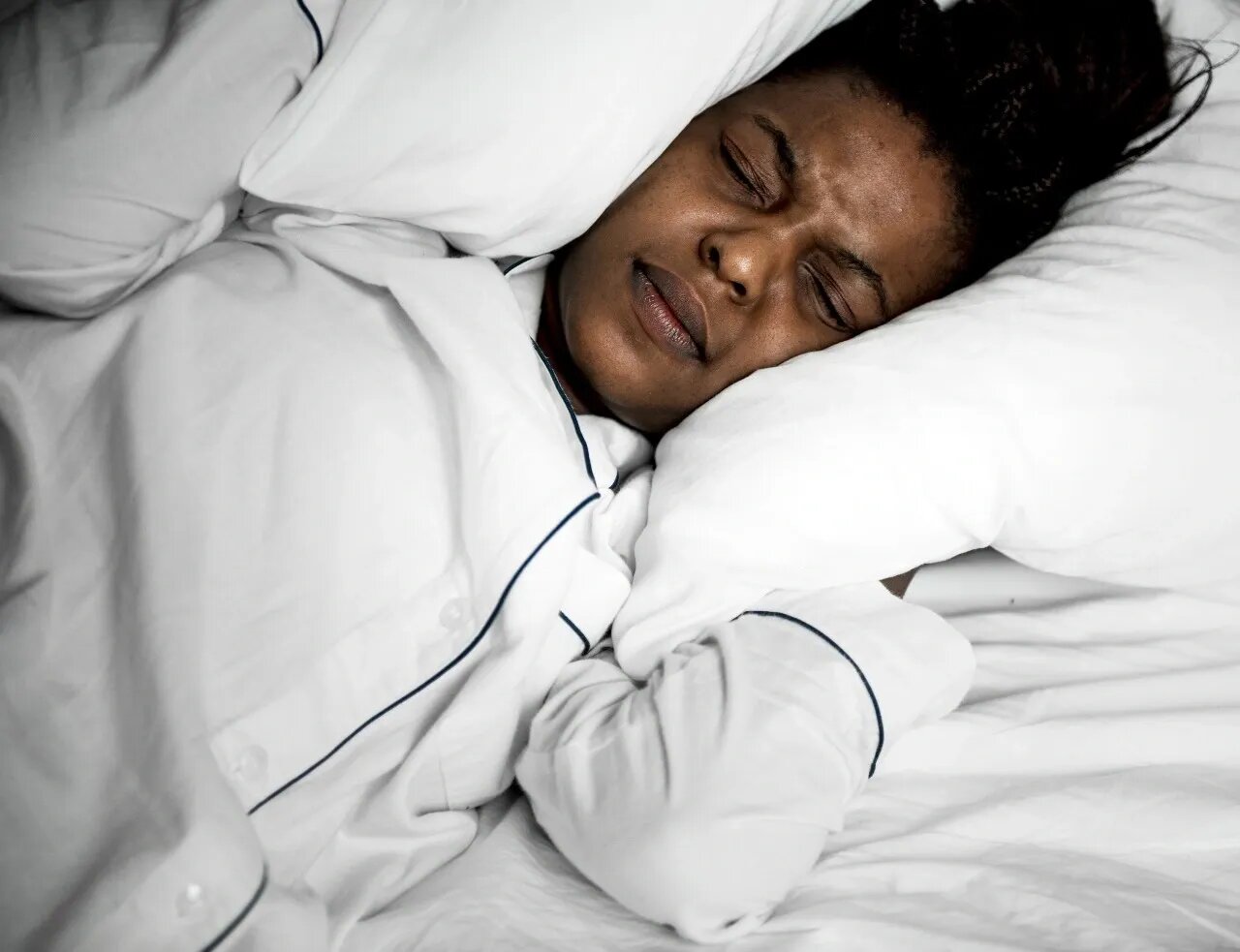
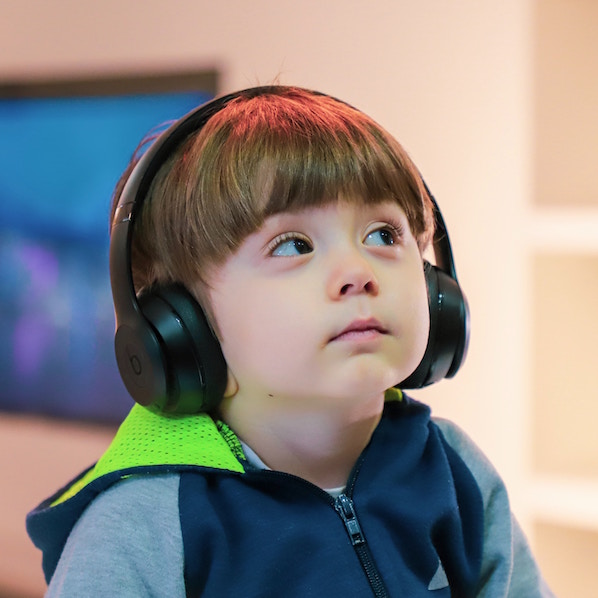
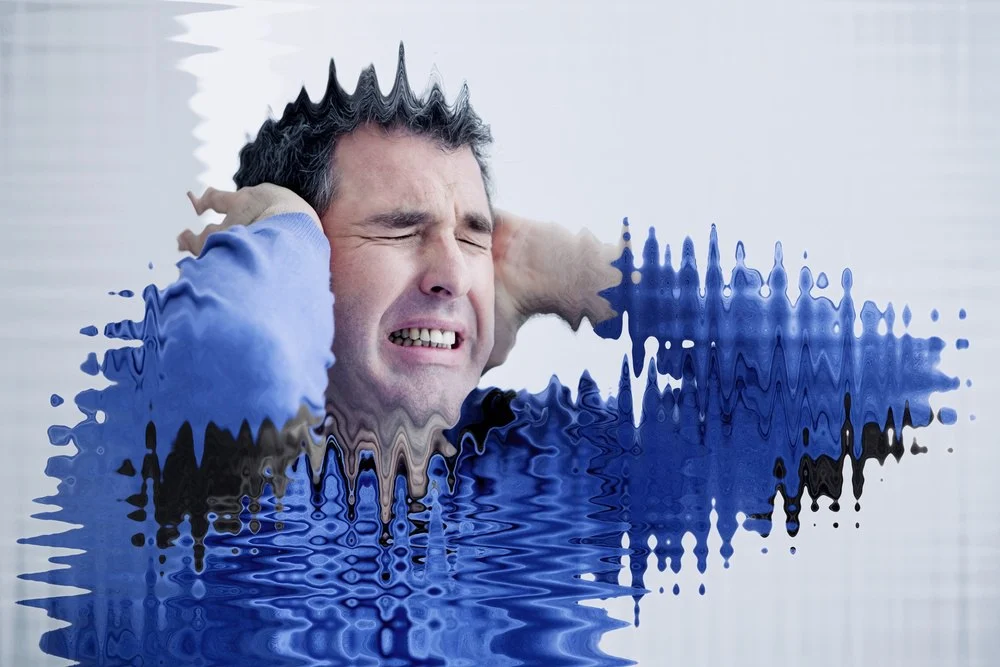
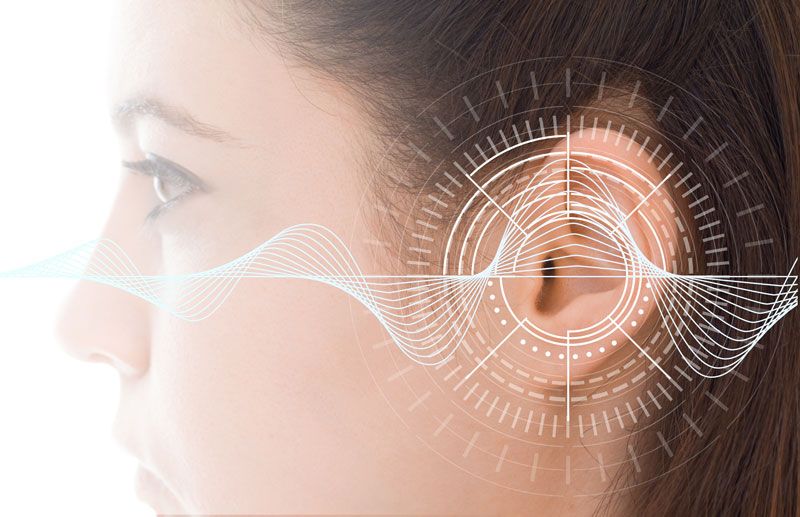

What is tinnitus and how does it affect you?
Tinnitus manifests as a perception of sound within the ears or brain when no external sound is present. This phenomenon is not typically associated with any other health condition in the majority of cases. However, for some individuals, tinnitus may be linked to abnormalities within the auditory system, suggesting a deeper connection to the mechanisms of hearing.
Despite its often benign nature in terms of physical health, the impact of tinnitus on daily life can be profound, affecting everything from concentration and sleep to emotional well-being. At Tragus – The Ear Specialists, we recognize the unique challenges posed by tinnitus. Our approach goes beyond treating the symptoms; we aim to provide comprehensive support and strategies for managing the condition, including exploration of its links to hearing loss and anxiety disorders.
Our tailored tinnitus therapy programs, including cognitive-behavioral therapy (CBT) administered by experienced audiologists, have shown significant success. Evaluation of over 2500 patients revealed notable reductions in tinnitus loudness, handicap, and associated sleeplessness, alongside improvements in anxiety and depression symptoms. This holistic method underscores the importance of addressing both the physical and psychological aspects of tinnitus.
Understanding that tinnitus can vary widely in its presentation and effects, we are dedicated to offering personalized treatment plans. These plans are designed to not only alleviate the immediate distress caused by tinnitus but also to equip individuals with the tools they need for long-term management and relief.
For those navigating the complexities of tinnitus, Tragus – The Ear Specialists stands as a beacon of hope and healing. Our commitment to advanced care, supported by the latest research and therapeutic techniques, ensures that each patient can embark on a path toward improved auditory health and a quieter, more peaceful life.
What should I do?
If you have tinnitus, you should consult us immediately to identify the underlying cause of your tinnitus assessed and treated. If your tinnitus persists, you should seek complete treatment from us for your tinnitus.
What does the therapy entail?
People frequently benefit from various types of therapy that assist them in learning alternative ways of cognitively reacting to tinnitus, thereby reducing the emotional disturbances produced by their tinnitus. This allows the tinnitus perception to drift into the background rather than being the focus of attention.
What is the rate of success?
According to a study published in the American Journal of Audiology (2018), patients who received tinnitus-focused cognitive treatment had a significant reduction in their tinnitus loudness from 7 (on a range of 0 to 10) to 5 (on a scale of 0 to 10). (Tinnitus loudness on a 0 to 10 scale). Furthermore, the impact of tinnitus on patients’ lives improved considerably from 60% to 35% on average.
